True Crime Insider: Tenderfoot TV’s Donald Albright on the Secret Sauce to Podcasting’s Top Genre
Here’s a case to crack:
What makes true crime podcasts so engrossing and wildly popular?
Donald Albright, CEO and co-founder of powerhouse podcast studio Tenderfoot TV, offers this clue: Everyone loves to solve a mystery.
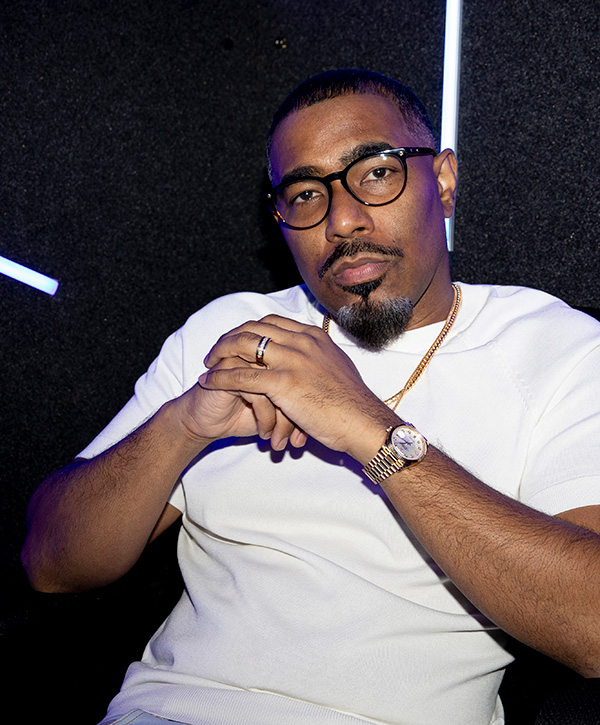
Consumers’ insatiable appetite for “Who done it?” has elevated true crime to podcasting’s hottest genre. According to Pew Research, one-quarter of the top-ranked podcasts are about true crime.
Albright says the secret sauce is taking listeners on a multi-sensory journey. With a host as their guide, listeners immerse themselves in the investigation, all of its pieces, and players.
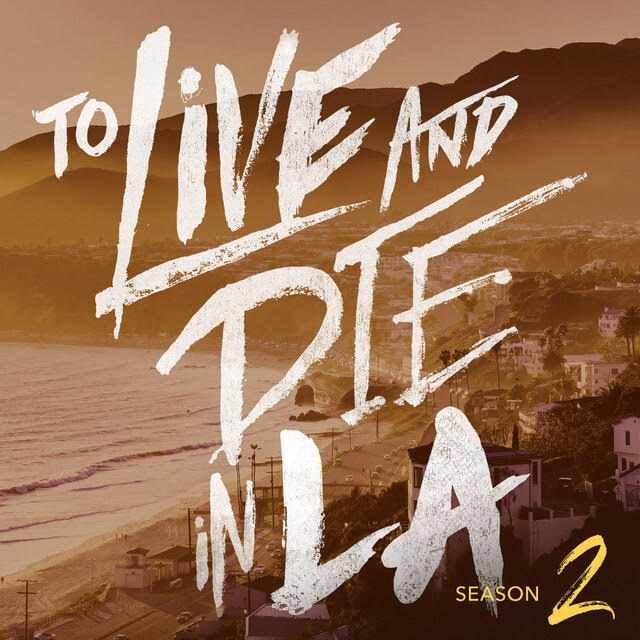
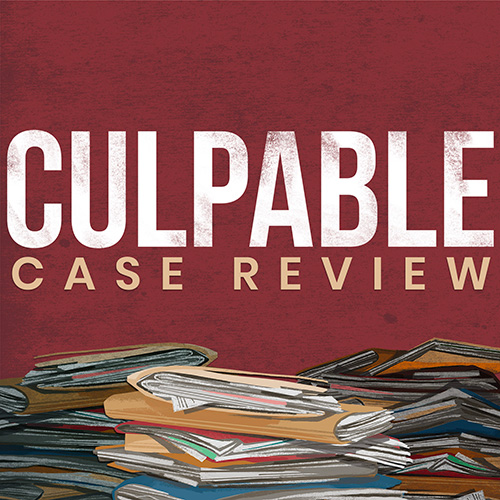
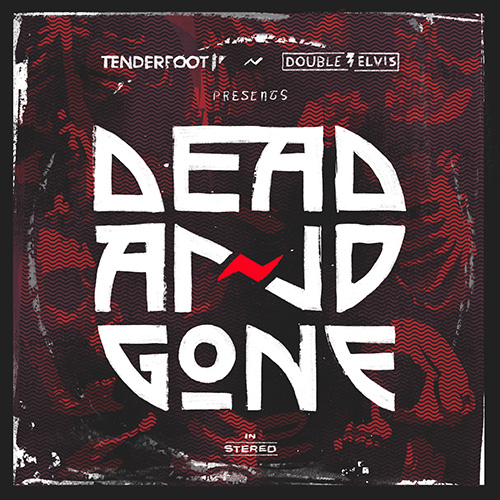
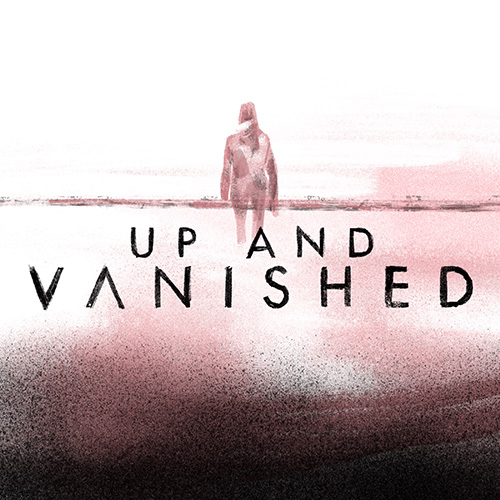
With mega-hit podcasts like “Up and Vanished” and “To Live and Die in LA” to its credit, Tenderfoot TV isn’t slowing down. Season four of “Up and Vanished” just launched and a second season of “To Live and Die in LA” is coming soon, as are new spinoffs and limited series.
As more brands look to invest in true crime, Albright shared his insights on the genre’s appeal, why the audience is valuable to marketers, and true crime’s next frontier. An edited transcript follows:
Alli Romano: Why are listeners so hooked on true crime podcasts?
Donald Albright: Everyone wants to solve a mystery, right? As a kid watching Scooby-Doo, I wanted to solve that mystery. It is ingrained in us, and it’s second nature to want to know what happened.
You want to know, ‘What happened and how might it affect me?’. When something is true, you look at it and say, ‘How do I relate to the victim?’. Maybe I relate to the victim through my sister, significant other, mom, or father. We have a connection with crime in general and crime stories.
When these stories unfold in such a unique and creative way, taking these crazy twists and turns, we’re sucked in. We can’t wait for the next bomb to drop and the next one.
AR: How does Audio build on the success of true crime in books, TV, and movies?
DA: The blueprint comes from everything from [true crime] novels to Dateline to Scooby-Doo. Other media did lay the foundation for storytelling. But you have to be more creative when you don’t have visual elements to work with. With audio storytelling, you leave so much more up to the listener’s imagination.
We thrive with the elements that video doesn’t have. You have to trust someone to go on this journey with you; Now, you’re not just relating to that victim or that small town, but you can also relate to the storyteller. There is that relatable character in the host, and that gives us an advantage in audio. That’s why true crime is significantly stronger within the audio format.
AR: What makes a great true crime host?
DA: A relatable host is very important. It was a big pet peeve of mine when I got into the space, I wanted someone to talk to me, not to talk over my head. Someone who I could relate to and wasn’t trying to prove how smart they were. Someone who just wants to get to the bottom of it — That’s all the listener wants as well. That’s the sweet spot we’re in now, we have a variety of storytellers for this massive audience.
AR: What are some other essential ingredients for a hit?
DA: You have to have strong characters. You never know who they are going to be until you do a pre-interview or get them on mic. The next thing you know, the small-town private detective steals the show because of how they tell stories. So, characters matter.
Also, it’s not about one mystery but one big mystery that has several mysteries within it. How many rabbit holes or directions can the case go in?
Location is a character as well. How deep can we go into the history of the location? Why did this happen here? Is this case unique to here, and if so, why? You can get a new character out of this small town of Ocilla, Georgia [The setting for season one of “Up and Vanished”], with 3,000 people and two stop lights. You get to understand the characters more through the city.
Time and different eras can be characters as well. Like Atlanta today versus Atlanta in 1980. Taking someone back several decades to see how much or how little has changed.
AR: How do you find the cases and build a true crime podcast?
DA: The thing about true crime is that the best stories are the ones where you go in not knowing at all how it will end. That takes an investment of time, resources, and it is a gamble on what does your gut say? The first investigation you make as a true crime podcaster is, ‘Is this going to pan out?’. We get out there and start producing. One invested journalist or producer can go out and lay the foundation of a podcast.
Our process is finding those cases and those stories that speak to us personally. We make shows we want to listen to. We realized very early on with the success of “Up and Vanished” that we have this platform, and we have a responsibility with how many people we can impact through this medium. So we try to find those cases that, for some reason or another, aren’t being told and expose those stories. You want to take that risk, get out there, and start poking around.
AR: Audacy is a longtime sales and distribution partner for Tenderfoot TV. As brands look to invest, what makes true crime podcasts so attractive?
DA: We have established such a strong female listenership. When you look at the buying power of women in the US, they influence the most buying decisions and most purchases. They’re not only buying for themselves but for their families too.
Advertisers know when you are advertising on a true crime podcast, you’re speaking directly to the people who are spending the most money and have the most buying power. So it doesn’t get any better than that, right? If you’re buying for kids, women, men, or families, you get through all of them with our listenership. That’s huge.
AR: What have you learned from your hits like “Up and Vanished” and “To Live and Die in LA” or other shows like “Serial”?
DA: These shows proved that you can do two things at once: You can make meaningful content that pushes cases forward and provides justice in cases and closure for families. You can do all of that while also making commercially successful projects. It doesn’t have to be one or the other; It can be both. I don’t think commercialization is a bad word.
AR: How are you building on your success?
DA: We’re taking our biggest brands and franchises and not only returning them but spinning them off to either mini-seasons, dailies, or weeklies.
Once you build the brand, it’s hard to have something so big and so popular, and people want more and more and more of it. You can only deliver that quality of work every 12 to 18 months. It takes so much time and energy to really embed yourself in a community and with families and get that story.
We want to have an always-on approach to our true crime series. That means more opportunities to do premium storytelling and deliver that on a weekly basis. That’s more families, more cases.
“The Vanishing Point” is an extension of what we’re doing with “Up and Vanished” season three. We went to an Indigenous community, the Hoopa Valley Reservation in California, and looked into several unsolved cases there.
AR: What’s the next frontier for true crime podcasts?
DA: There is no shortage of demand! Where I see the genre going — and what I hope to see more of — is stories that aren’t straight, true crime, but more adjacent. It gives you that feeling of true crime but doesn’t have to actually be a crime. It can revolve around similar stories and storytellers and the highs and lows of a story, but it’s more adjacent to true crime or a hybrid show where you’re blending crime.
We did a show with Audacy called “Whistleblower,” which was true crime meets sports with a sports scandal. You had that blending of the sports audience and the true crime audience.
Another was “Dead and Gone,” which blended music and crime, following the Grateful Dead’s career and the string of crimes that surrounded them for over 50 years.
As Albright said, true crime listeners can never get enough of great Audio, so Tenderfoot TV continues to deliver fresh podcasts for its true crime fans. Recent Tenderfoot TV launches include “Rattle & Shook” a weekly horror-comedy companion show for hit “Radio Rental;” “Culpable Case Review,” featuring “Culpable” host Dennis Cooper investigating six unsolved cases; an “Up and Vanished” series “The Vanishing Point;” and “The Raven,” which explores what happened the night of Atlanta’s Super Bowl XXXIV and NFL superstar Ray Lewis’ double murder charge. For mystery lovers, Tenderfoot TV’s co-founder Payne Lindsey hosts “High Strange,” deep dive into UFOs.



